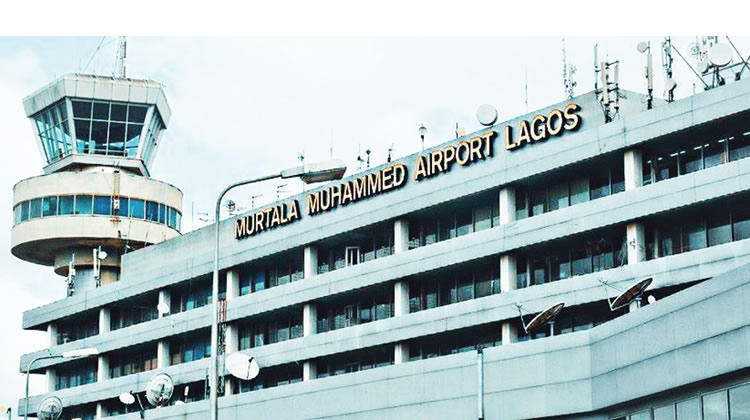Recent investigations by Daily Trust reveal a significant decline in the active fleet of domestic airlines, leaving many struggling to stay afloat.
Out of a fleet of over 100 aircraft, less than 50 are currently operational, with many grounded or undergoing maintenance abroad.
Airlines are grappling with a severe shortage of foreign exchange needed for scheduled maintenance abroad. Those that have sent their aircraft for maintenance face hefty demurrage fees and maintenance costs.
The forex scarcity, exacerbated by the soaring dollar, has impacted virtually all airlines, with the dollar hitting an unprecedented high of N1,536 in the official market.
Scheduled maintenance, such as a comprehensive check (C-check) on a Boeing aircraft, which costs between $1 million to $1.5 million (N1.5bn to N2bn), has become financially burdensome due to forex constraints and naira depreciation.
This situation has led to a visible accumulation of grounded aircraft at domestic terminals like the Murtala Muhammed Airport (MMA) in Lagos, disrupting airline schedules and causing frequent flight disruptions.
AON, the Airline Operators of Nigeria, has raised concerns over airlines’ existential threat, attributing it to difficulties in accessing foreign exchange for maintenance and other dollar-dependent activities.
A spokesperson for AON, Obiora Okonkwo, highlighted the industry-wide impact, including increased costs from handling companies, airports, and service providers.
To mitigate flight disruptions, the Nigeria Civil Aviation Authority (NCAA) has directed airlines to align their schedules with existing capacity.
Aero Contractors CEO, Capt. Ado Sanusi emphasized the impact of the forex challenge on airlines planning to bring back aircraft, as they now face higher costs due to naira devaluation.
The forex scarcity presents a formidable challenge for domestic airlines, underscoring the need for sustainable solutions to ensure the industry’s viability and resilience in the face of economic uncertainties.











